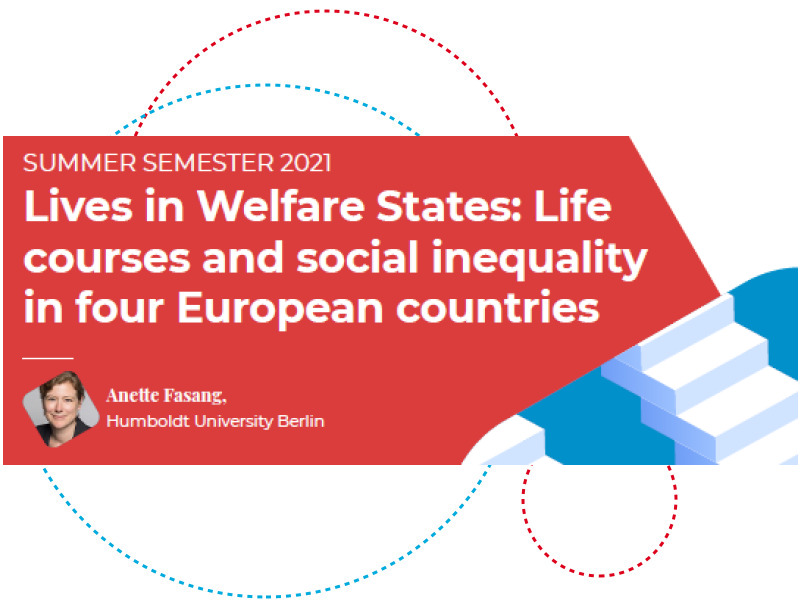Social advantages and disadvantages accumulate across life courses. We examine parallel work and family lives from ages 21 to 40 in four countries representing the liberal (United Kingdom), conservative (Germany), and social democratic (Denmark and Finland) welfare types with
different levels and trends in social investment policies. The analyses use longitudinal register and survey data and recent innovations in sequence analysis. In all countries the most resourceful young adults, primarily men, realize similar normative life courses that accumulate advantages in work and family lives over time. In contrast, life courses of the most disadvantaged young adults, particularly their family lives, remain highly country-specific with varying economic dependence on nuclear families that is entrenched in national welfare institutions.
Link: https://unilu.webex.com/unilu/j.php?MTID=m9b6142c07da1597e69a34d54a5b1d965
Meeting number : 181 851 7281
Meeting password: 8PbSW84yYfM
